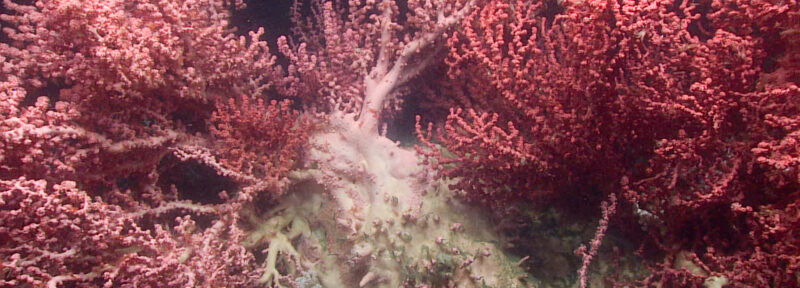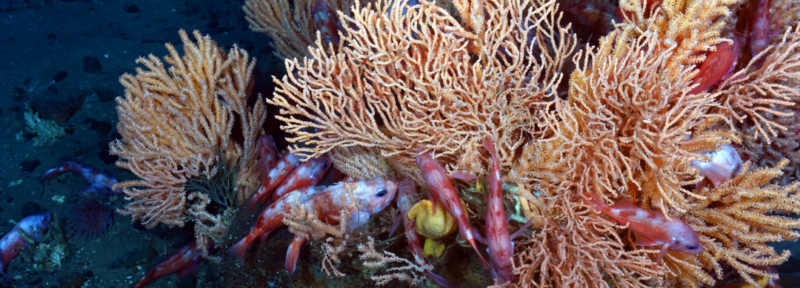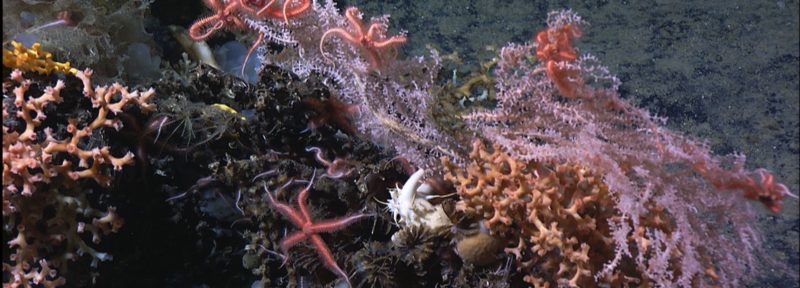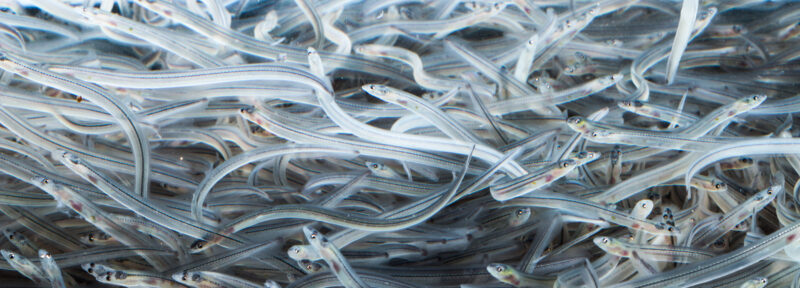New Global Biodiversity Framework Offers Opportunity to Protect Our Ocean
MONTREAL—Earlier today, the United Nations Biodiversity Conference concluded with the Kunming-Montreal Agreement, which includes a commitment to protect 30 percent of the ocean by 2030—a target that could help advance ocean conservation in Canada and around the world. The agreement also commits countries to restore degraded habitats, recover depleted populations, and sustainably manage nature outside of protected areas, all of which will have a positive impact on marine biodiversity.
“Given that the ocean covers more than two-thirds of the planet, it’s crucial that efforts to protect biodiversity include marine and coastal ecosystems,” says Susanna Fuller, Vice President of Operations and Projects at Oceans North. “From Manitoba to Nunavut, the past two weeks have featured big announcements on Indigenous-led protection of the country’s coasts and waters, and the new agreement opens the door for the federal government and Indigenous communities to continue working together on efforts to protect nature.”
Fuller cautions that setting targets and protecting individual areas is only half the battle. “Keeping our oceans healthy means tackling both the climate crisis and the biodiversity crisis,” she says. “However, Canada’s programs and policies are not always aligned with one other. We need to make sure government departments are all working together and that we have ways of holding ourselves accountable.”
The Framework comes at an important crossroads for marine biodiversity in international waters. Within the next three months, countries will work to conclude a new treaty that could help protect biodiversity on the 50 percent of the planet that makes up the high seas. They will also have to decide whether to go ahead with deep-sea mining in international waters. “Over the last two weeks, countries have shown that they can come together in the service of a greater good,” Fuller says. “We now need to see those commitments translated into real action: the decisions made between now and March 2023 will demonstrate if countries mean what they say.”
For more information, please contact:
Alex Tesar
Communications Manager
Oceans North
[email protected]




